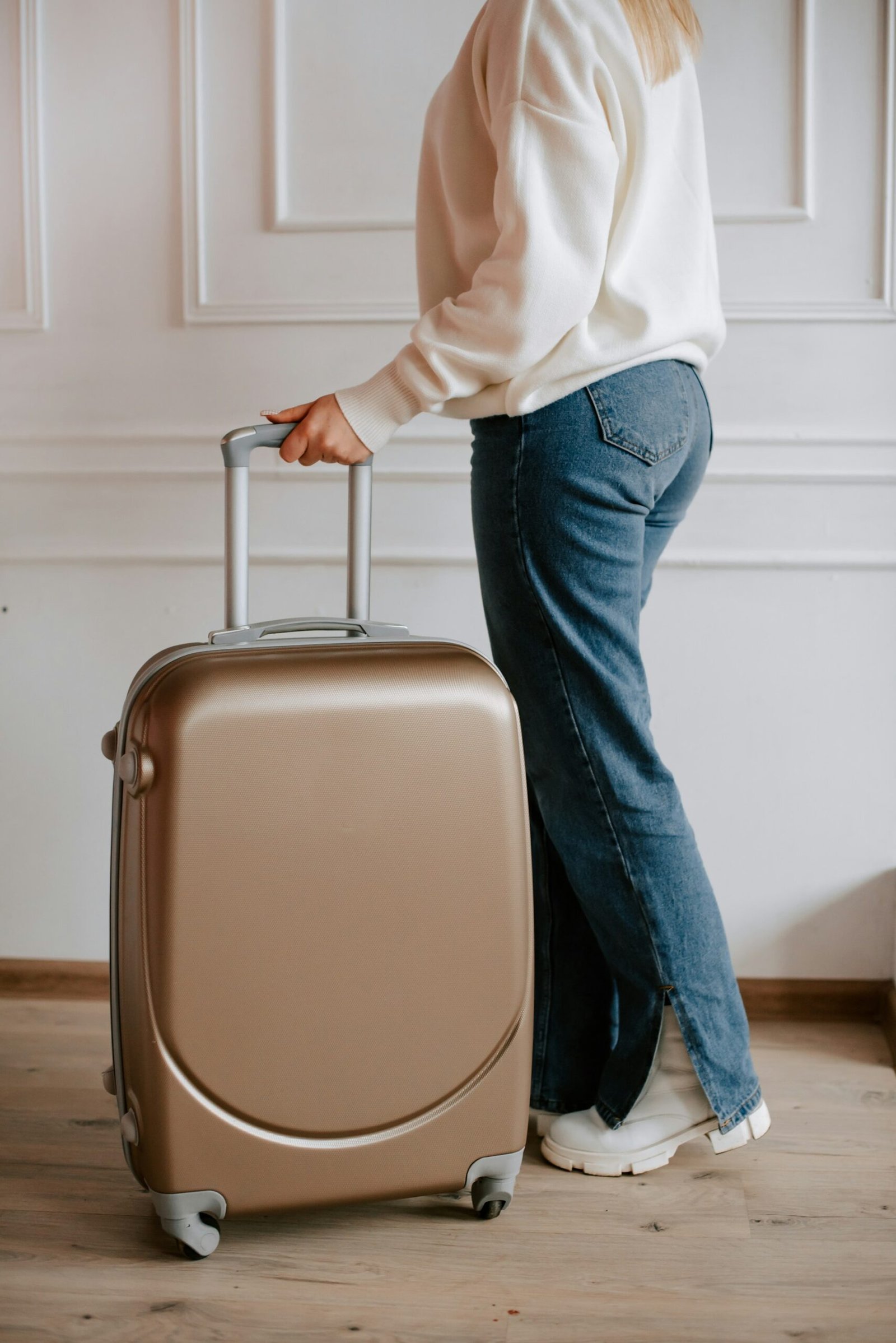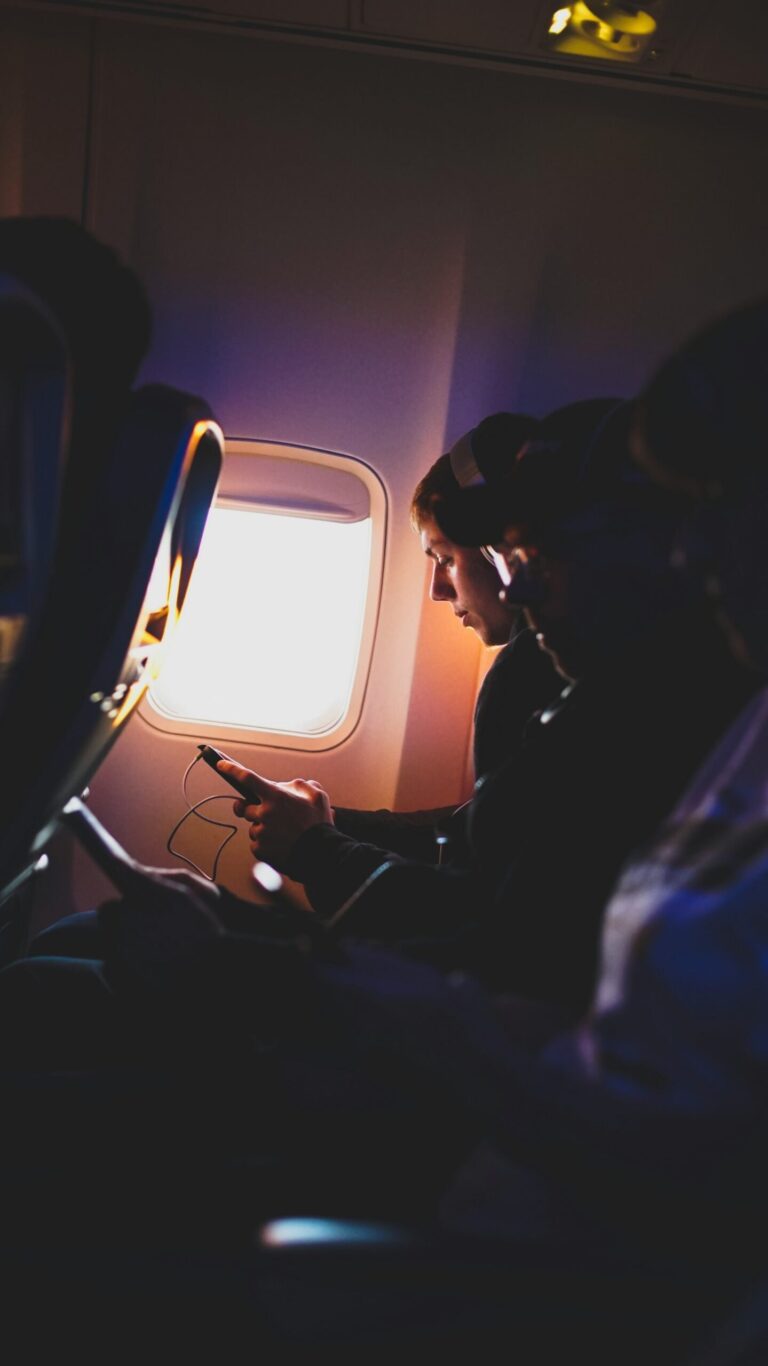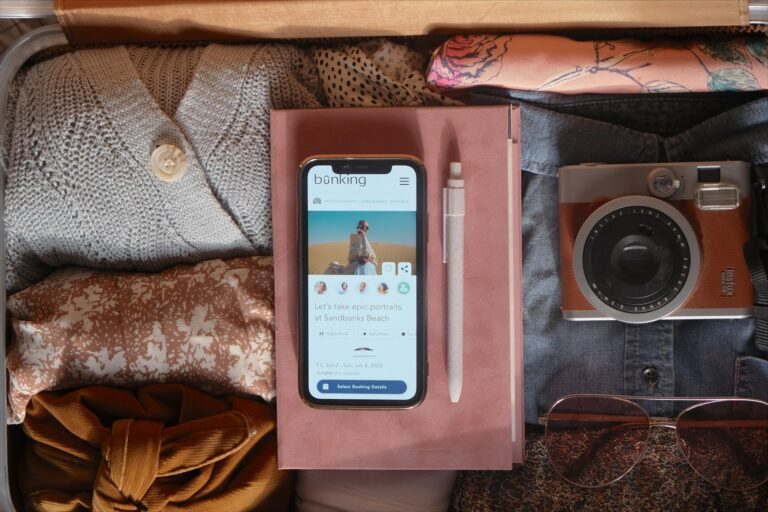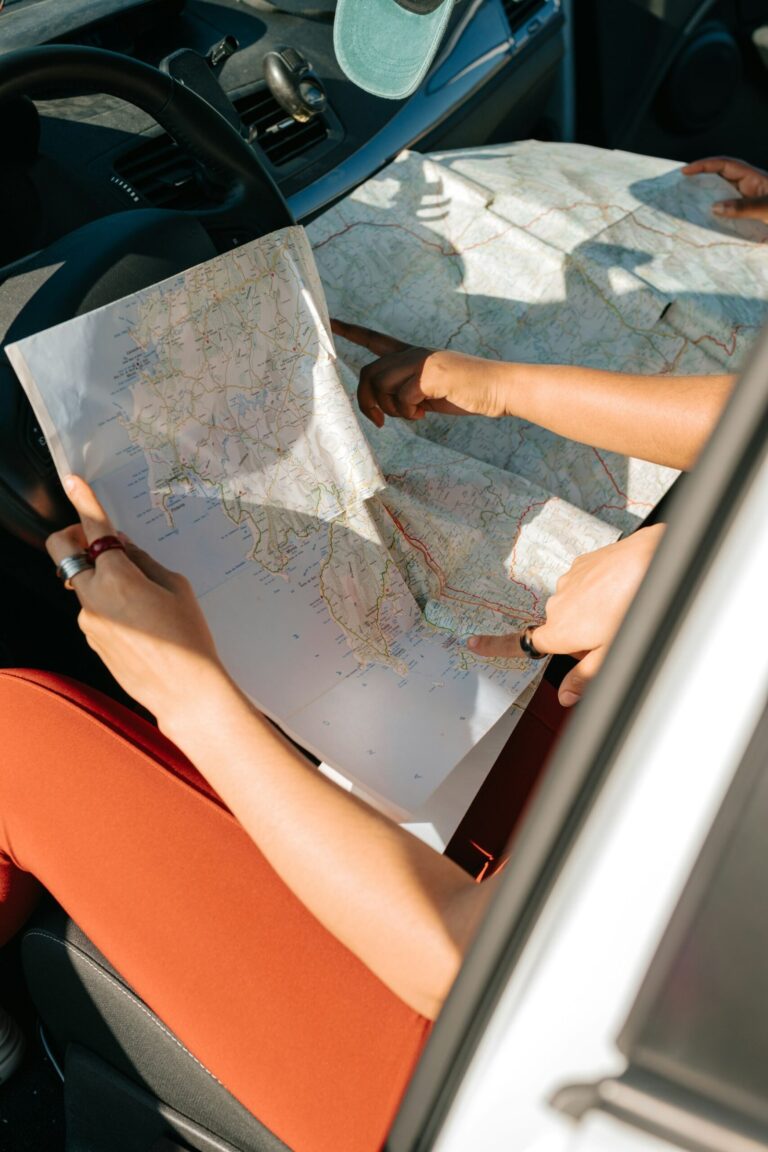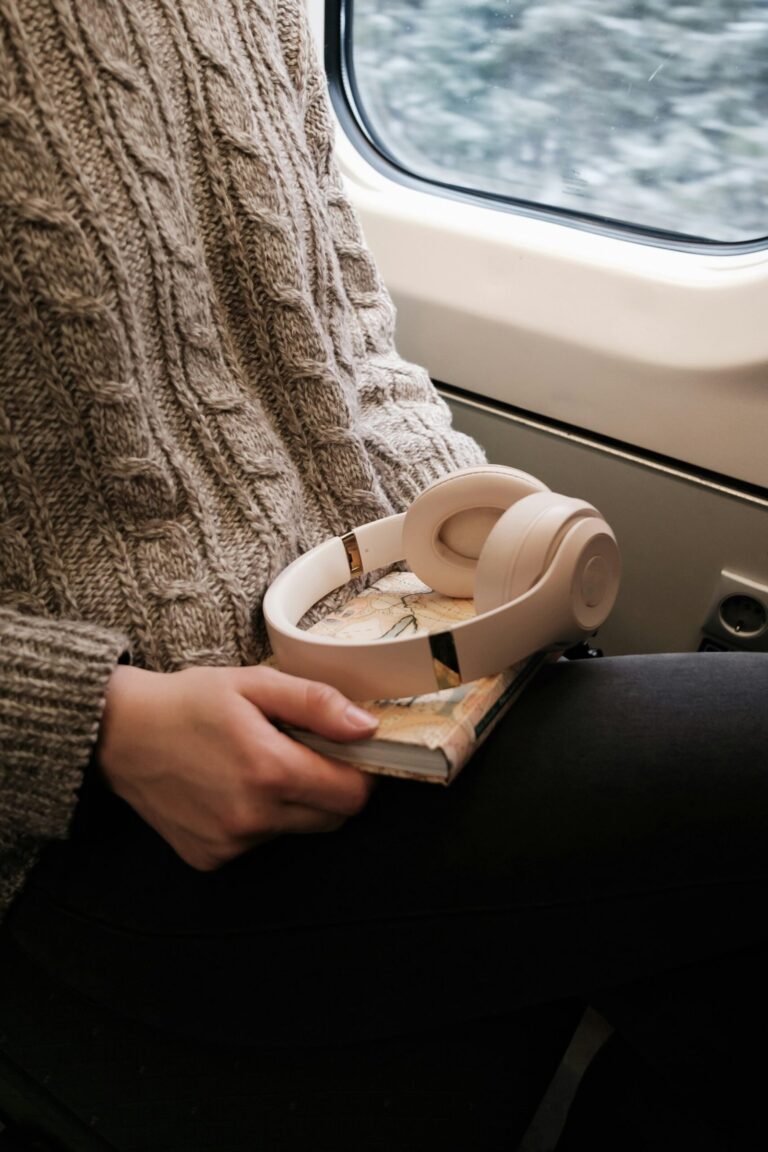Ways to Avoid Getting Ripped Off Abroad: Smart Tips for Savvy Travelers
Traveling abroad can be an exhilarating experience, but it can also come with its fair share of challenges, especially when it comes to money matters. Many travelers find themselves vulnerable to scams and unfair prices, leaving them disappointed and out of pocket.
To enhance your travel experience and protect your finances, being aware of common pitfalls and knowing several strategies to avoid getting ripped off abroad is essential.
Understanding the local customs and exchanging money wisely can save you a lot of stress.
Utilizing reputable services, knowing the right questions to ask, and staying alert to your surroundings can make a significant difference in your travels.
With just a few simple precautions, you can navigate the complexities of foreign environments confidently and securely.
Embark on your next adventure equipped with the knowledge that will help you enjoy your trip more fully and leave behind the fear of being taken advantage of. With the right tips in hand, you can focus on creating lasting memories instead of dealing with financial regrets.
Currency and Payment Wisdom
When traveling, being smart about currency and payment methods is essential for avoiding financial pitfalls. Knowing how to navigate exchange rates, avoiding unnecessary conversion fees, and using credit cards wisely can save you money.
Understanding Exchange Rates
Before your trip, take time to familiarize yourself with the current exchange rates. This knowledge helps you recognize fair exchange rates and spot what’s reasonable.
- Use Reliable Sources: Check platforms like XE or OANDA for current rates.
- Avoid Airport Kiosks: These often offer poor rates. Consider using ATMs instead.
When withdrawing cash abroad, ensure your bank doesn’t impose additional withdrawal fees. Also, opt for currency exchange services that offer transparency in their fees. Many tourists lose money simply by not paying attention to the rates.
Avoiding Dynamic Currency Conversion
Dynamic Currency Conversion (DCC) lets you pay in your home currency while abroad, but it usually comes with unfavorable exchange rates and hidden fees.
- Say No to DCC: Always refuse this option when it’s offered.
- Pay in Local Currency: Request to charge in the local currency to avoid DCC fees.
This way, you can make the most of your money by preventing extra costs. Being alert to this tactic will protect your budget.
Using Credit Cards Strategically
Credit cards can be your best ally while traveling, but you need to use them wisely.
- Choose No Foreign Transaction Fees: Select cards that won’t charge you extra for overseas purchases.
- Inform Your Bank: Notify them of your travel plans to avoid having your card declined.
Look for cards that offer rewards and benefits tailored to travel, such as cashback for overseas spending. Using your credit card also provides an added layer of security against theft compared to cash. Remember to check your statements regularly for unauthorized transactions.
Research and Preparation
Splitting text up into at most two sentences per paragraph, removing mid-article conclusion paragraphs and sentences, repetitive sentences, and increasing the readability score by simplifying complex sentences.
Learning Common Scams
Every destination has its own set of scams targeting tourists. Start by researching specific scams that are prevalent in the country you plan to visit.
Some common scams include:
- Fake tours: Unlicensed guides may offer deals that seem too good to be true.
- Currency exchange tricks: Be cautious of where you exchange money, as some places might use misleading rates.
- Taxi overcharging: Always confirm fares beforehand or choose reputable ride-sharing apps.
Knowing what to look for will help you stay alert and make informed decisions.
Familiarizing Yourself with Local Laws
Understanding local laws is crucial for ensuring a smooth trip. Different countries have varied regulations, including customs, behavior, and interactions with law enforcement.
Key points to consider:
- Dress codes: Some places have strict dress codes, especially in religious sites.
- Public behavior: Certain actions that are acceptable in your home country may be frowned upon abroad.
- Documentation: Always carry copies of your passport and visas, and know the local laws regarding identification.
Being informed about these areas can help you navigate your travels without incident.
Planning Your Expenses
Effective financial planning can prevent you from overspending or falling prey to scams. Start by determining a realistic budget for your trip and stick to it.
Tips for managing expenses:
- Research typical costs: Understand what meals and accommodations generally cost.
- Use local currency: Familiarize yourself with the local currency to avoid confusion when making purchases.
- Track your spending: Keep an eye on your daily expenses to stay within your budget.
This preparation allows you to make the most of your trip without financial stress.
Smart Shopping Habits
When traveling, adopting smart shopping habits can significantly enhance your experience and help you save money. By utilizing effective bargaining techniques, verifying the authenticity of products, and shopping at reputable outlets, you can avoid getting ripped off.
Bargaining Techniques
Bargaining is often expected in markets and small shops in many countries. Approach negotiations while buying souvenirs e.g. with confidence and a friendly demeanor. Start by offering a lower price than what you’re willing to pay. This opens the door for a back-and-forth dialogue.
Tips for successful bargaining:
- Stay calm: Don’t show too much eagerness.
- Research prices: Know the standard price for items before you buy.
- Walk away: If the deal isn’t favorable, walking away can prompt sellers to offer a better price.
Practicing these techniques can help you secure better deals.
Verifying Authenticity
Before making a purchase, ensure that the products are genuine. This is crucial, especially for items like designer goods or electronics.
Ways to verify authenticity include:
- Inspect the product: Look for quality markers such as stitching and materials.
- Check for certifications: For electronics, look for warranty information or certifications.
- Research brands: Familiarize yourself with the brand’s authentication methods.
Taking these steps can prevent costly mistakes and ensure you’re not purchasing counterfeit items.
Shopping at Reputable Outlets
Opting to shop at established retailers can provide peace of mind. Reputable stores often have clear return policies and ensure product quality.
Benefits of shopping at reputable outlets:
- Guaranteed quality: These shops usually maintain high standards.
- Clear pricing: There are no hidden fees, making costs more transparent.
- Customer support: If issues arise, you have access to customer service.
By focusing your shopping efforts in these locations, you can minimize the risk of being ripped off.
Safeguarding Your Belongings
When traveling, keeping your belongings secure is crucial to ensuring a worry-free experience. Here are some essential strategies to protect your valuables while abroad.
Using Secure Luggage
Investing in secure luggage is a smart step. Look for bags with lockable zippers and sturdy materials, which deter tampering.
Consider these features:
- Built-in locks: They provide an extra layer of security.
- Tamper-resistant zippers: These are more difficult for thieves to open.
- Personalized luggage tags: These ensure that your bags can be easily identified in case of loss.
When you’re in public places, keep your luggage close. Use a crossbody bag to keep it secure. If you’re staying in a hotel, utilize the safe for important items like passports and cash.
Carrying Minimal Cash
Carrying just enough cash for daily expenses can minimize the risk of loss. Avoid being seen with large sums of money, which can attract unwanted attention.
Tips for managing cash:
- Break your cash into smaller denominations: This helps you avoid showing large bills.
- Use a money belt: Store cash and cards close to your body, hidden from view.
- Only withdraw what you need: Use ATMs in secure locations for withdrawals.
By limiting the amount of cash you carry, you reduce the risk of losing a substantial amount at once.
Splitting Your Financial Resources
Distributing your financial resources can prevent total loss in case of theft. Keep your cash, cards, and IDs in different locations.
Effective strategies include:
- Use multiple wallets: Stash one in your bag and one on your person.
- Store some cash in your hotel safe: Just in case you misplace your wallet.
- Utilize digital wallets: These can safely store payment information, offering quick access without carrying all your funds physically.
This approach allows you to maintain access to funds even if one source is compromised, giving you peace of mind during your travels.
Cultural Awareness and Respect
Being aware of local customs and showing respect for the culture can significantly enhance your travel experience and help you avoid misunderstandings. When you take the time to learn about the local etiquette and adapt your behavior, you foster positive interactions and reduce the chances of being taken advantage of.
Learning Local Etiquette
Familiarize yourself with the specific customs and traditions of the country you are visiting. Each culture has unique practices regarding greetings, tipping, and personal space. For instance:
- Greetings: In some places, a handshake is common, while in others, a bow or cheek kisses may be preferred.
- Tipping: Understand whether tipping is expected, and how much is considered adequate.
Respecting these nuances shows that you value the local culture, which can lead to goodwill among residents. This respect can also help in getting better service and interactions, ensuring you feel more comfortable and safe.
Dress and Behavior in Public Spaces
Your appearance and behavior can greatly affect how you are perceived. Dressing appropriately for the local context is essential.
Here are some pointers:
- Modesty: In many cultures, dressing conservatively is crucial. Check if locals cover their shoulders or knees and follow suit.
- Public Behavior: Avoid loud conversations or gestures that may be considered rude.
Being observant and adapting your actions helps you blend in, which can deter potential scams. When you respect local norms, you create a friendlier atmosphere and reduce the likelihood of being perceived as a tourist. This can sometimes lead to being overcharged.

